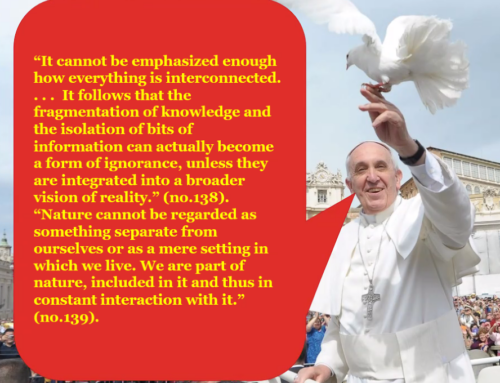Abstract
Wikipedia has been accused of being biased against challengers to scientific orthodoxy due to efforts by editors having affinities with the Skeptics movement. Examination of Wikipedia, including entries on fluoridation, the origin of AIDS and vaccination, reveals several characteristics typical of a Skeptics sensibility, including the definition of scepticism, lists of deviant ideas, derogatory labelling of heterodox viewpoints, and categories established without reference to reliable sources.
Introduction
We believe that organised skeptic groups are actively targeting Wikipedia articles that promote natural, non-drug therapies with which they disagree. […] The new trick of these editors is to rewrite or entirely remove pertinent information from such articles or, worse still, delete entire articles altogether [Alliance for Natural Health, 2018].
Wikipedia currently is the area in which dogmatic skeptics are most successful and influential. […] The situation is particularly bad in any areas to do with parapsychology, alternative and complementary medicine, and on the biography pages of scientists involved in investigating these areas [Sceptical about Skeptics, n.d.].
These are examples of claims that members of the Skeptics movement are unfairly influencing information on Wikipedia. However, those making these claims often have a commitment to the views allegedly being targeted — for example, support for natural therapies — so it might be that they are the ones who are biased. Independently substantiating their claims is difficult because Wikipedia is collectively produced and most of its editors are anonymous. This leads to the question of how the influence on Wikipedia of a particular group or movement — in this case Skeptics — can be determined.
The Skeptics movement is composed of a number of groups and networks tied together by publications — such as The Skeptic — and a common cause. Though calling themselves Skeptics (always spelled with a “k” even in countries where the standard spelling is “sceptics”), their scepticism is applied asymmetrically, always against beliefs contrary to scientific and medical orthodoxy and, and their efforts are invariably against groups espousing those beliefs. The campaigning and rhetoric coming from Skeptics is often-times more vehement than anything regularly expressed by scientists in the mainstream. Most scientists get on with their work and pay little attention to views outside the scientific community. Skeptics, in contrast, have adopted the role of orthodoxy enforcers. Rather than ignoring those outside the mainstream, they seek to denigrate and discredit them.
Gieryn [1983; 1995; 1999] developed the concept of “boundary work,” which refers to the activities of individuals and groups to expand or maintain a boundary between science and non-science. As Gieryn [1999, p. xii] puts it, “Representations of science — where it is, and where it is not — have less to do with the cultural realities they supposedly depict, and more to do with the cultural realities they sustain.” Much of this work is rhetorical: by talking about bodies of knowledge in particular ways, they are granted a specified status. In this way of thinking, what counts as science results from agreement by a sufficient number of people that it should be called science.
Most of Gieryn’s case studies, for example concerning cold fusion, phrenology, composting and the science wars, involve efforts by individuals and groups inside the scientific community to police boundaries. In contrast, a considerable proportion of those involved in the Skeptics movement are not working scientists. They undertake the policing of science’s boundaries and the assertion of what counts as science from a position outside the formal scientific community. Wikipedia is a domain outside of science; parts of it are about science. It is an intriguing arena for struggles over defining science carried out using rules quite different from those used within the scientific community.
This article is an attempt to make an initial and limited examination of how to determine the influence of Skeptics on Wikipedia. Some aspects of this analysis might also be applied to the study of Wikipedia bias in other areas, such as politics.
The next section provides a brief introduction to scepticism and the Skeptics movement. Following this is an introduction to Wikipedia. Then comes an analysis of several Wikipedia entries.

